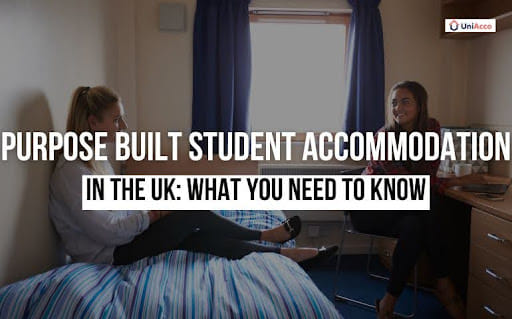Depression is on the upswing among young adults, particularly among college students, which is very unfortunate. According to a countrywide poll conducted by the American College Health Association in 2011, 30% of college students reported feeling so depressed that it was impossible to function at one point. How to deal with depression while abroad is a question many students have asked over the years. Although this blog does not claim to medically answer your questions and give you a solid concrete answer to deal with depression. We will try our best to provide you with ways to beat your posy-travel depressions and a few things you can do that can ease it all for you.
Read on to learn more and remember that your mental health matters just like you do. With international students, study abroad educators are increasingly focusing on these challenges. Students with depression, whether they are currently being treated for it or it runs in their family, might play a significant part in their intentions to travel abroad. While these fears are valid, they do not have to derail your study abroad ambitions.
Recommended Read: Is Uni life overwhelming? Here’s what you can do
Coping With Depression While Studying Abroad
Talk With Your Study Abroad Advisor | How To Deal With Depression While Abroad
Your study abroad counsellor will not be aware of your mental health difficulties until you share them with them due to health care privacy restrictions. Advisors have a wealth of expertise and experience in assisting students with study abroad preparations, and if they don’t know the answers, they’ll most likely know someone who does.
You should also utilise the mental health resources available at your school. Its personnel can assist you in ensuring that you are on the correct route to achieving your study abroad goals.
Recommended Read: Tips & Tricks for student stress management
Prepare In Advance
If you know you’re prone to anxiety or depression, go to a therapist or psychiatrist at home and start investigating into preordering higher prescription quantities in case medicines isn’t affordable or easy to come by in your destination abroad. Also, talk to your therapist about telehealth possibilities to see if you can resume your sessions remotely while you are in that country.
Meditation/Self-Care | How To Deal With Depression While Abroad
If you are experiencing any symptoms such as panic attacks or intrusive thoughts, it is beneficial to be aware of some self-soothing techniques. Count backwards by 7s from 100 or count the number of items of a given colour around you until you feel yourself calming down. Consider meditating; there are numerous free applications like Calm and Headspace that may teach you how to meditate to alleviate depression symptoms. One day at a time, right?
Find A Community
Depending on your current status abroad which is of a student, you may begin to notice a bubble effect that isn’t a real reflection of daily life. Participating in local organisations broadens your horizons, develops your cultural understanding and language skills, and introduces you to a whole new group of people who can provide you with new ideas and connections and ways to adjust to a new culture.
Find out ex-pat or student Facebook groups to schedule a meet-up if you’re lacking relationships with people from your home country or who speak your language. One of the best tools for coping with depression while studying abroad is meeting people like you and finding comfort in that.
Try Additional Wellness And Mental Health Programmes
Study abroad, sabbatical year, and volunteer abroad programmes that focus on wellbeing or other aspects of self-reflection are plentiful. Some programmes focus on yoga and mindfulness techniques, while others include mental health training. Volunteering can make people feel good about themselves by allowing them to give back and contribute to something larger than themselves. You can even make friends here while you interact with different kinds of people.
Research Care Options In Your Host Country
Find out what kind of mental health services are available in your preferred country. Is there an English-speaking psychologist in your university building? Is your insurance valid for mental health treatment in other countries? Is there any supplementary insurance coverage you can get for this purpose if not? Will you be able to meet with your at-home doctor frequently via Skype? Will you instead seek treatment at the school’s mental health facility? To overcome depression while studying abroad, you need to answer these questions critically.
Set up a care plan that you will use after you are overseas, in addition to the plan you established with your current psychologist. If you have any questions, you should contact university officials and investigate your choices. Travelling alone will put your independence into the testing, so resolving these worries ahead of time can help you get the most out of your experience.
Verdict
Developing a routine, which may include certain playlists for specific times of day, can also aid in the development of self-confidence and assurance until you have the strength to take on larger experiences and undertakings. Surround yourself with people that uplift you and bring you happiness. During difficult, lonely times, they can be a source of support and a shoulder to rest on.
Depression is a constant struggle that can be transient or long-term, but the best thing you can do is recognise the symptoms and get help because you deserve to feel good. Good luck!
—
I hope this blog on “How To Deal With Depression While Abroad” can help you and bring a change in your life. If you wish to read different types of blogs then check out the links below!















0 Comments